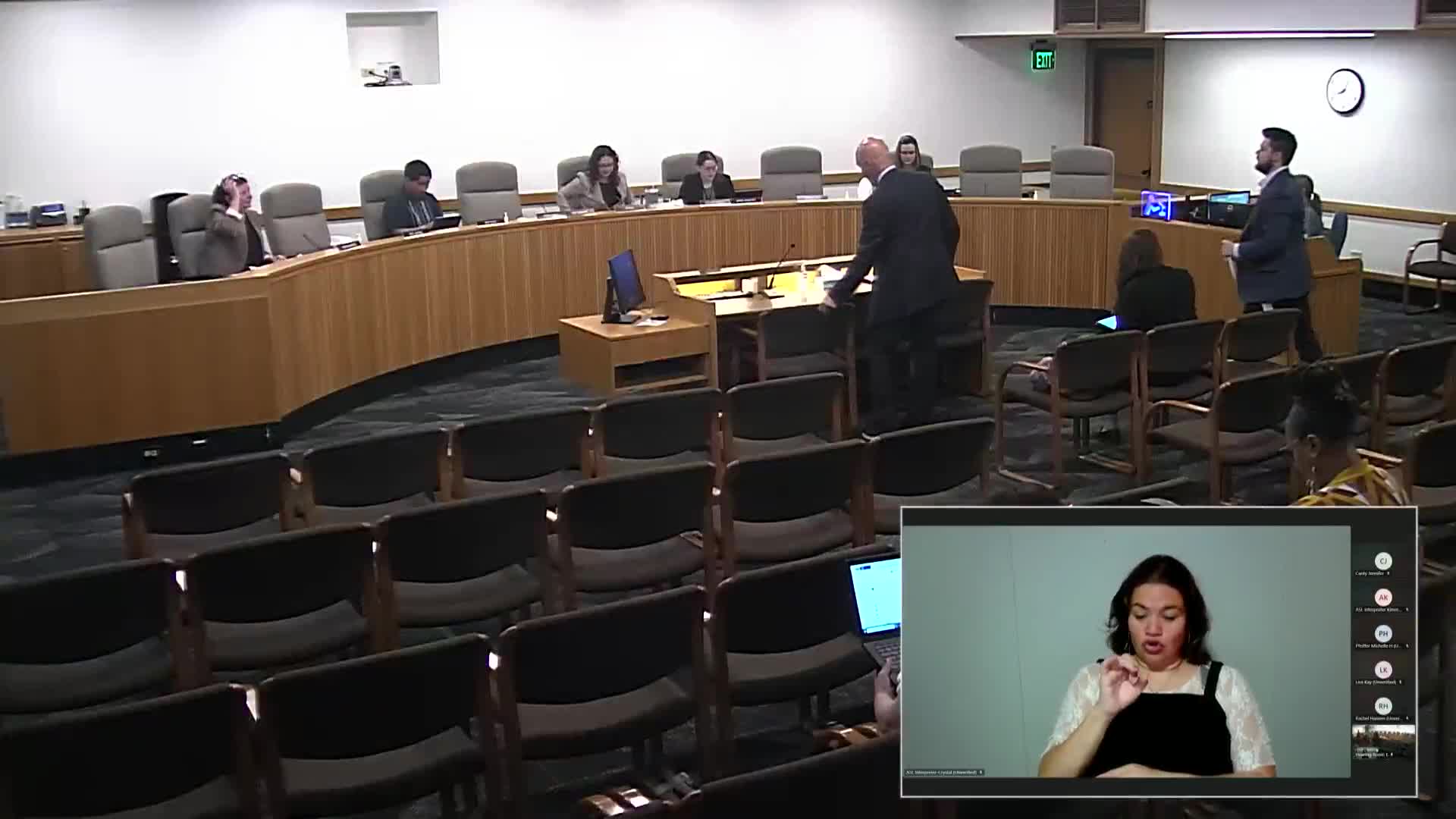Article not found
This article is no longer available. But don't worry—we've gathered other articles that discuss the same topic.
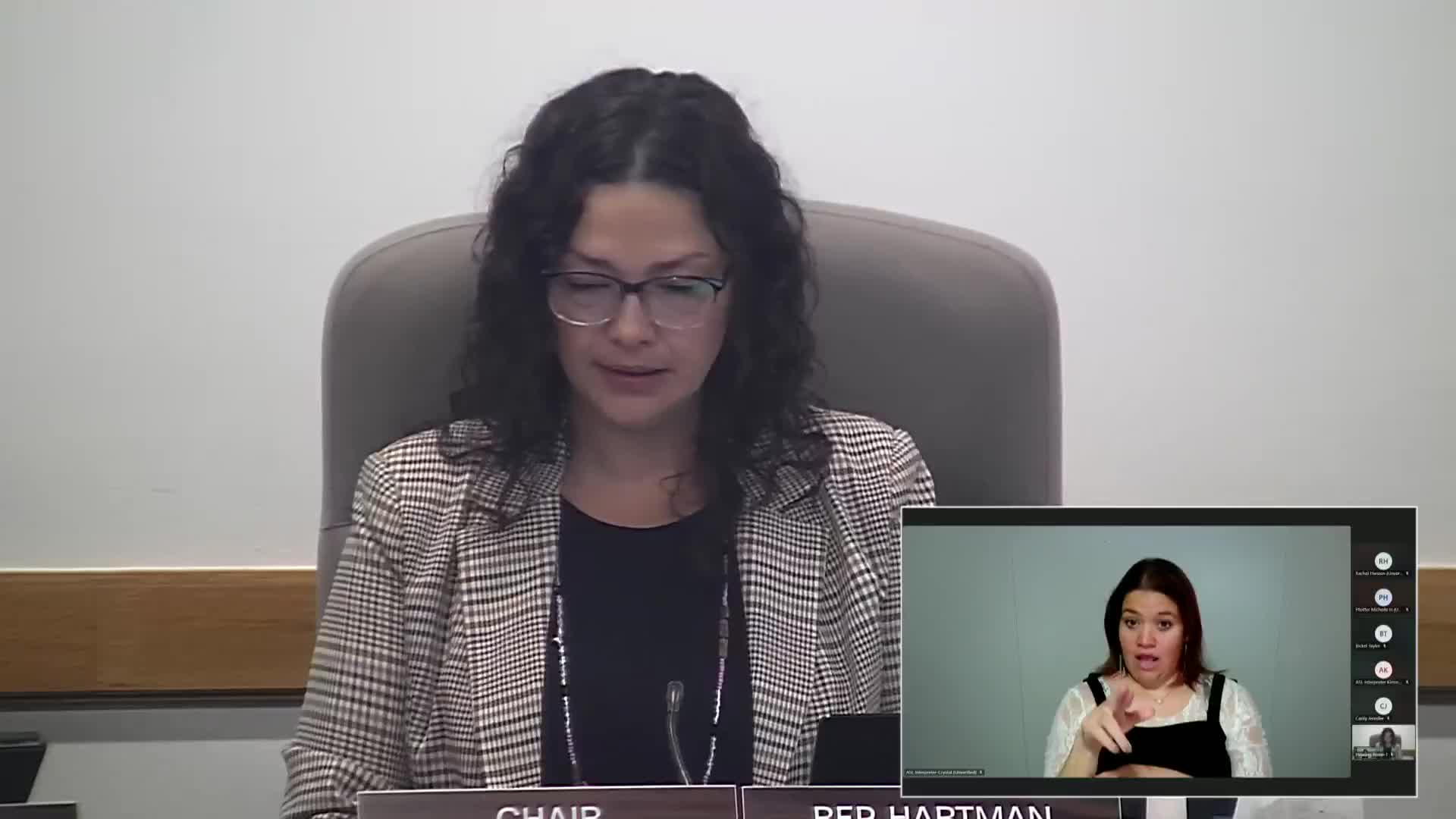
Committee advances measure asking DHS to seek USDA waiver affecting SNAP eligibility and dependent care payments
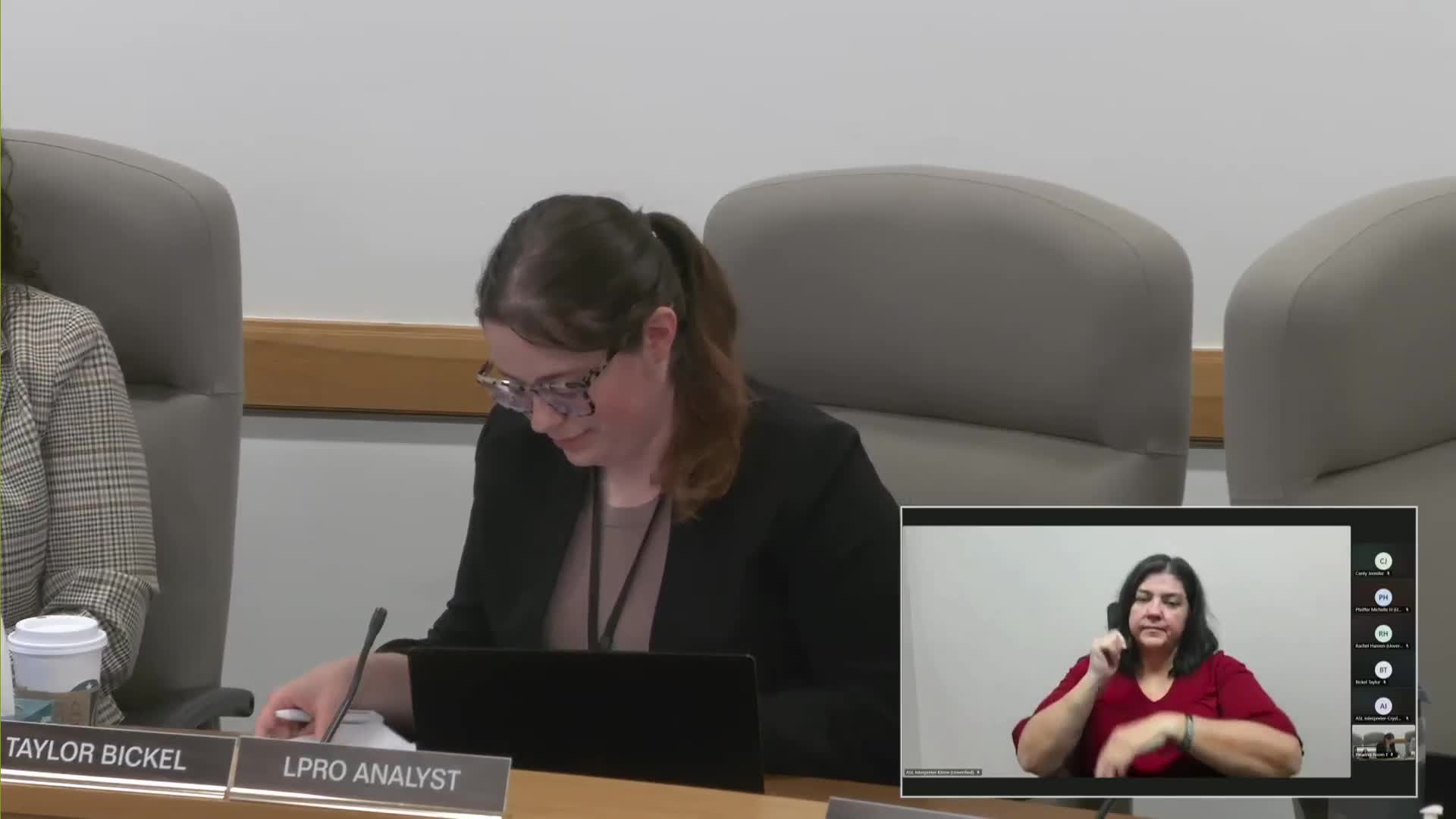
Committee hears bill to exempt adult foster homes from sprinkler retrofit requirement
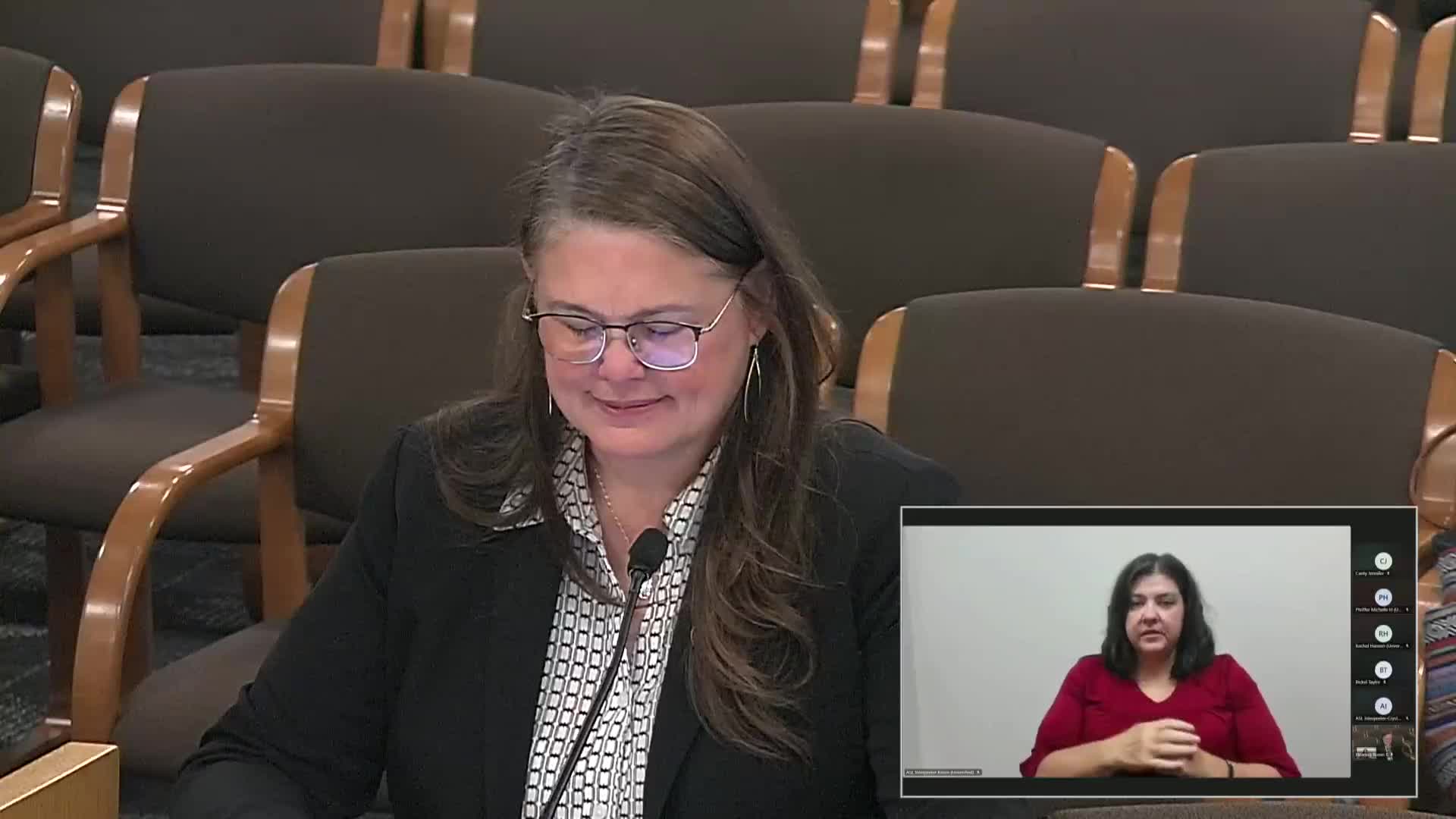
Bill would require biennial DHS report on foster parent compensation and gaps
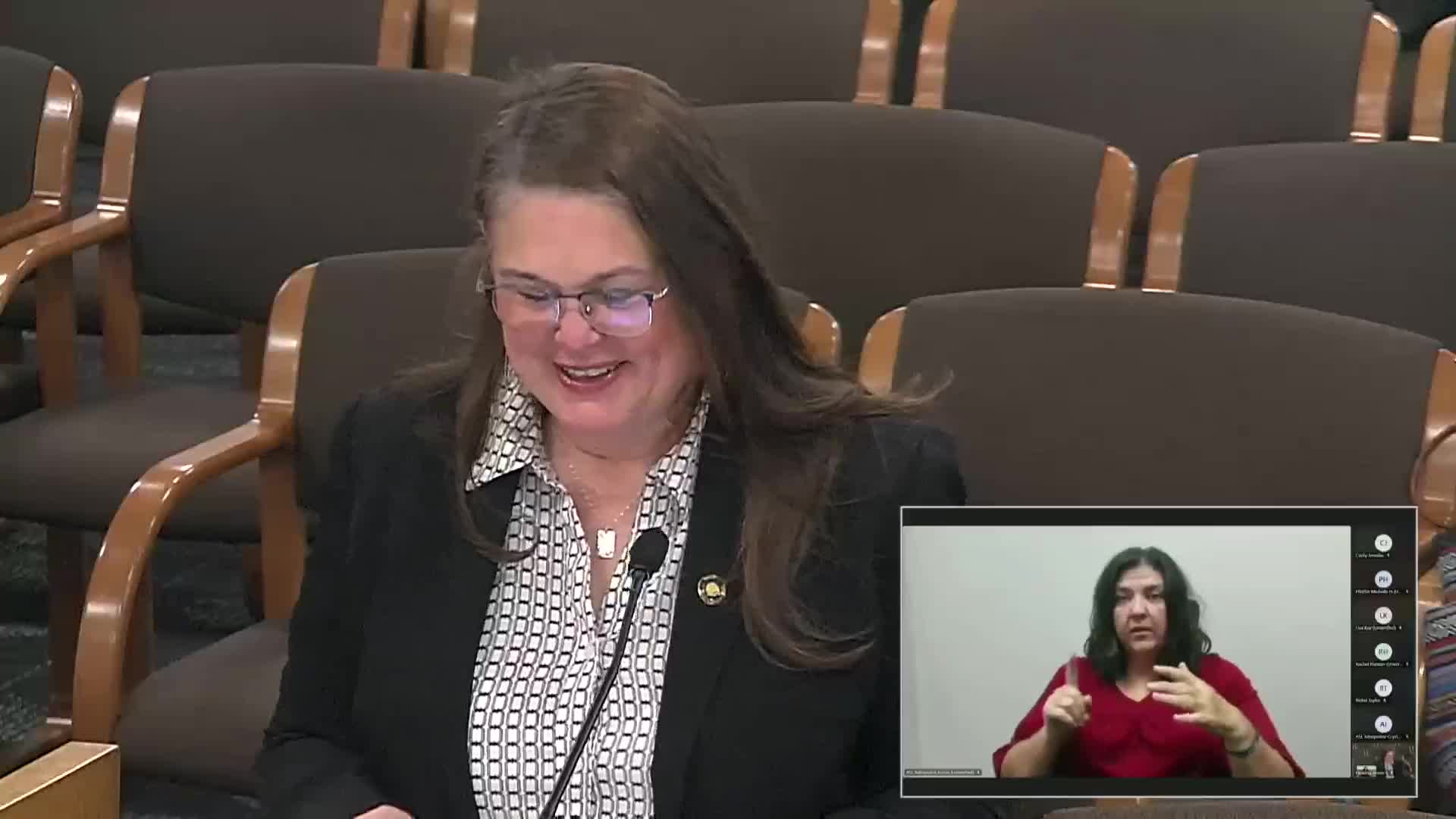
Bill would require DHS to give parents clearer notice of rights during child protective services investigations
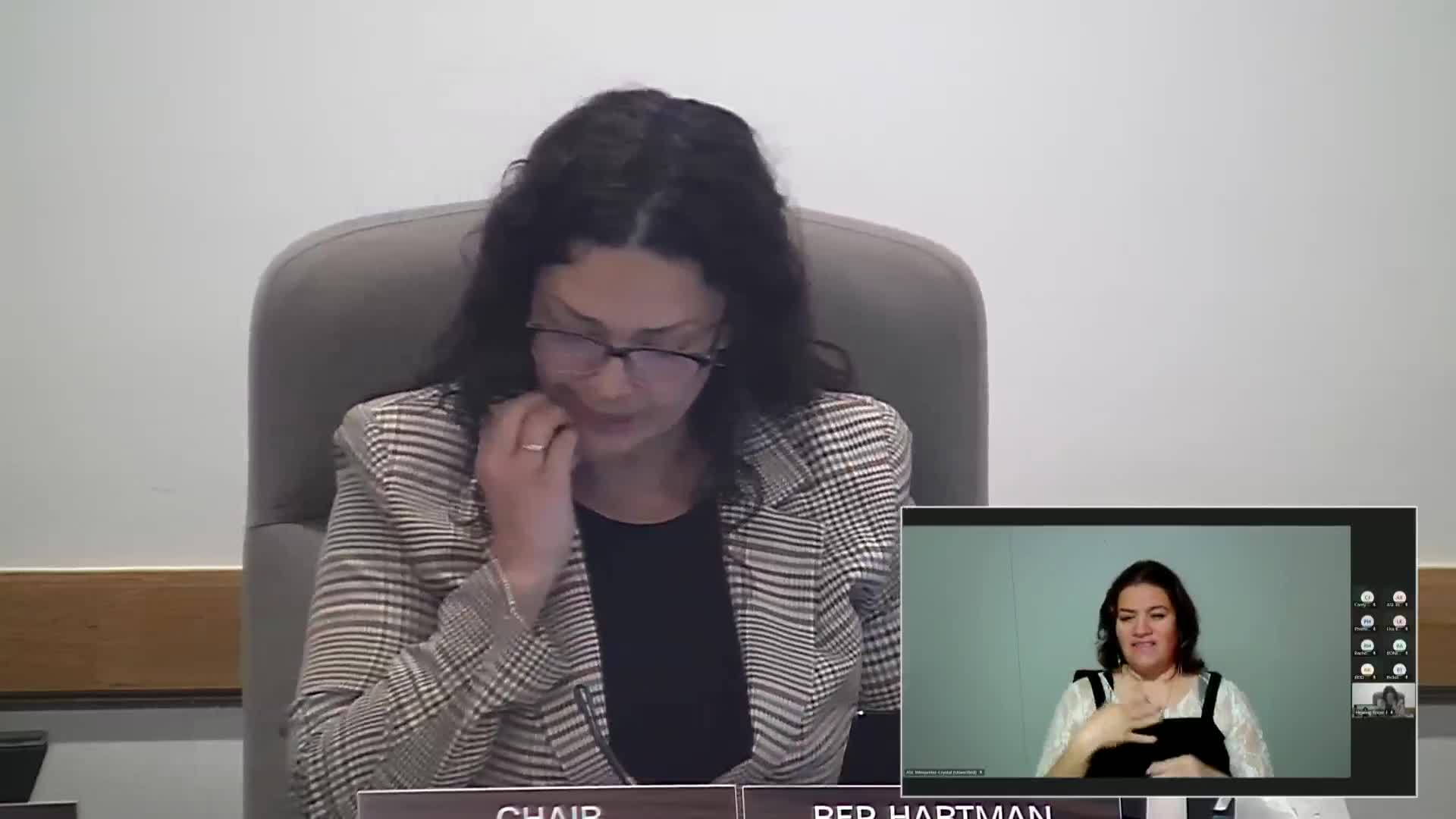
Committee advances bill banning use of trash bags to transport foster children’s belongings
